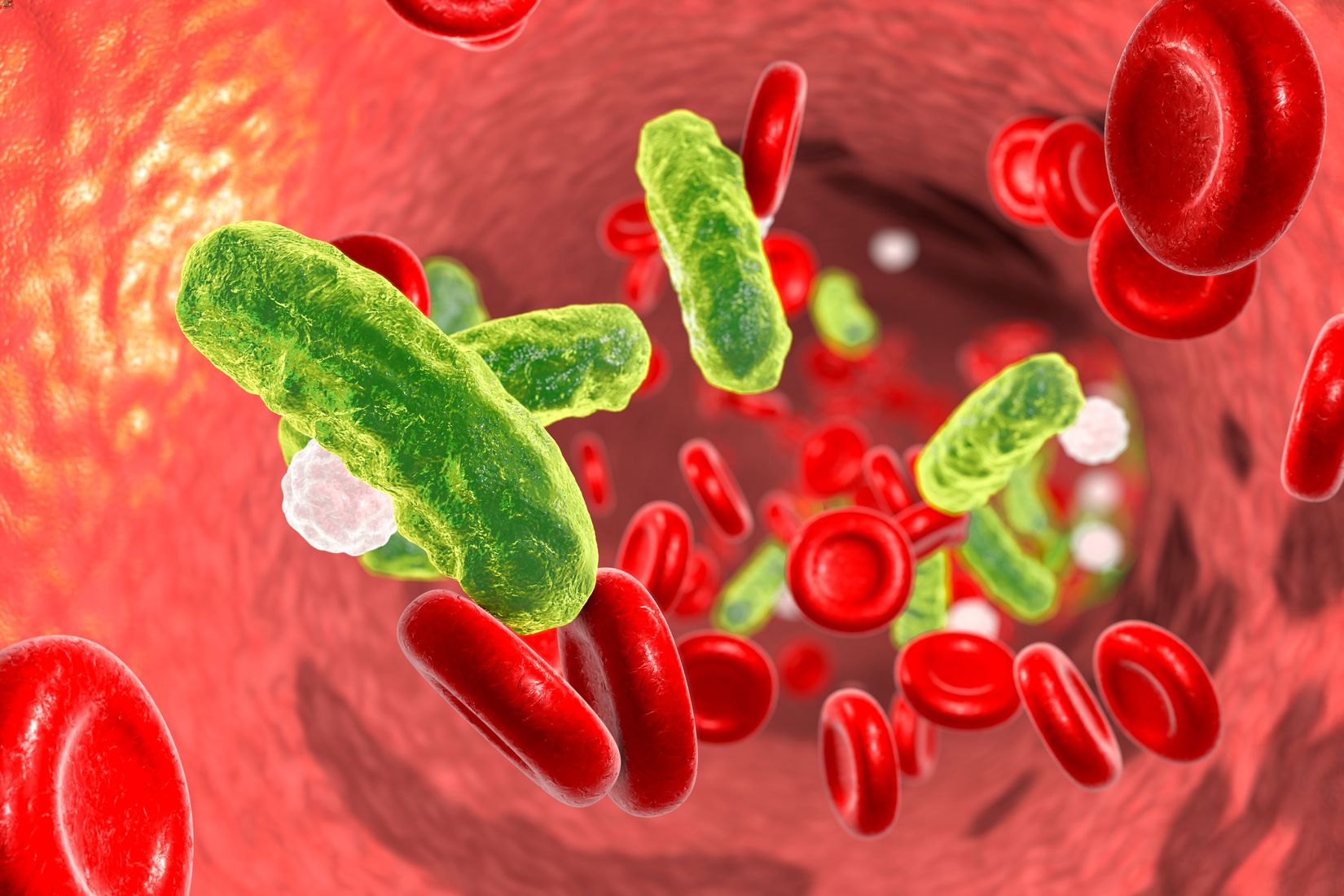
Parental Alienation Syndrome (PAS) is a term that describes a situation where one parent manipulates a child to reject the other parent. This can lead to severe emotional and psychological issues for the child. Understanding PAS is crucial for parents, educators, and mental health professionals to recognize and address the signs early. PAS often involves tactics like badmouthing the other parent, limiting contact, or creating a sense of fear around the alienated parent. Recognizing these behaviors can help in taking steps to mitigate the damage and foster healthier relationships. Here are 43 facts about Parental Alienation Syndrome to help you understand this complex issue better.
Key Takeaways:
- Parental Alienation Syndrome (PAS) can happen to any child, causing them to unfairly reject one parent. It's important to recognize the signs early and seek help to protect family relationships.
- High-conflict divorces, revengeful behavior, and lack of effective communication can trigger PAS. Understanding and addressing these issues can help prevent the harmful effects of PAS on children.
What is Parental Alienation Syndrome?
Parental Alienation Syndrome (PAS) is a term used to describe a situation where one parent manipulates a child to reject the other parent. This can lead to long-term emotional and psychological issues for the child.
-
PAS was first identified by Dr. Richard Gardner in 1985. He noticed patterns of behavior in children who were being manipulated by one parent to reject the other.
-
PAS is not officially recognized as a mental disorder. Despite its impact, it is not listed in the Diagnostic and Statistical Manual of Mental Disorders (DSM-5).
-
PAS can occur in both divorced and intact families. It is not exclusive to families undergoing separation or divorce.
-
Children affected by PAS often exhibit extreme loyalty to the alienating parent. This loyalty can lead to unjustified fear, disrespect, or hostility towards the targeted parent.
-
PAS can affect children of any age. From toddlers to teenagers, no age group is immune to its effects.
Signs and Symptoms of PAS
Recognizing the signs of PAS early can help in addressing the issue before it causes severe damage to family relationships.
-
Children may show unwarranted fear or hostility towards the targeted parent. This behavior is often irrational and not based on any real experience.
-
The child may use language or phrases that seem borrowed from the alienating parent. This can include adult-like expressions or accusations.
-
There is often a lack of guilt or remorse for mistreating the targeted parent. The child may feel justified in their behavior due to the manipulation.
-
The child may deny being influenced by the alienating parent. They often insist their feelings are their own, despite evidence to the contrary.
-
The child may show an automatic support for the alienating parent. This support is often unwavering, even in situations where the alienating parent is clearly wrong.
Causes of Parental Alienation Syndrome
Understanding what leads to PAS can help in preventing it and protecting children from its harmful effects.
-
High-conflict divorces are a common trigger for PAS. The animosity between parents can spill over into their relationships with their children.
-
One parent may use PAS as a form of revenge against the other parent. This is often seen in cases where one parent feels wronged by the other.
-
In some cases, the alienating parent may have a personality disorder. Conditions like narcissistic personality disorder can contribute to manipulative behaviors.
-
Financial disputes can also lead to PAS. Arguments over child support or alimony can escalate into attempts to alienate the child from the other parent.
-
Lack of effective communication between parents can exacerbate PAS. When parents do not communicate well, misunderstandings and manipulations can thrive.
Effects of PAS on Children
The impact of PAS on children can be profound and long-lasting, affecting their emotional and psychological well-being.
-
Children may develop low self-esteem. Constant manipulation can make them doubt their own worth and abilities.
-
PAS can lead to anxiety and depression. The stress of being caught between two parents can take a toll on a child's mental health.
-
Children may struggle with trust issues. They may find it difficult to trust others, fearing manipulation or betrayal.
-
PAS can affect academic performance. The emotional turmoil can make it hard for children to concentrate on their studies.
-
Children may have difficulty forming healthy relationships in the future. The distorted view of relationships they develop can carry into adulthood.
Legal and Social Implications of PAS
PAS not only affects families but also has broader legal and social implications that need to be addressed.
-
Courts are increasingly recognizing PAS in custody battles. Judges are becoming more aware of the signs and impact of PAS.
-
Some countries have laws specifically addressing PAS. Brazil, for example, has legislation that criminalizes parental alienation.
-
PAS can complicate custody arrangements. Determining the best interests of the child becomes more challenging when PAS is involved.
-
Social services may get involved in severe cases of PAS. They can provide support and intervention to protect the child's well-being.
-
PAS can lead to long-term estrangement between the child and the targeted parent. This estrangement can last well into adulthood.
Strategies to Combat PAS
There are various strategies that can help in combating PAS and mitigating its effects on children and families.
-
Therapy can be beneficial for both the child and parents. Professional help can address the underlying issues and promote healthier relationships.
-
Co-parenting classes can improve communication between parents. These classes teach skills that can reduce conflict and prevent PAS.
-
Mediation can help resolve disputes without escalating to PAS. A neutral third party can facilitate constructive discussions.
-
Legal intervention may be necessary in severe cases. Courts can impose sanctions or modify custody arrangements to protect the child.
-
Education and awareness about PAS can prevent its occurrence. Understanding the signs and consequences can help parents avoid manipulative behaviors.
Real-Life Examples of PAS
Real-life examples can provide a deeper understanding of how PAS manifests and affects families.
-
Celebrity cases have brought attention to PAS. High-profile divorces often highlight the issue, bringing it into the public eye.
-
Documentaries and films have explored PAS. These media portrayals help raise awareness and educate the public.
-
Support groups for affected parents and children exist. These groups provide a platform for sharing experiences and finding support.
-
Books and articles on PAS offer valuable insights. Reading about others' experiences can provide guidance and hope.
-
Legal cases have set precedents in addressing PAS. Court rulings can influence how future cases are handled.
Myths and Misconceptions About PAS
There are many myths and misconceptions about PAS that need to be clarified to understand the issue better.
-
PAS is not just about bad-mouthing the other parent. It involves a systematic effort to undermine the child's relationship with the targeted parent.
-
Both mothers and fathers can be alienators. PAS is not gender-specific; either parent can be the alienator.
-
PAS is not a phase that children will outgrow. Without intervention, the effects of PAS can persist into adulthood.
-
Not all children of divorced parents experience PAS. It is a specific phenomenon that does not affect all children in separated families.
-
PAS is not always obvious. The signs can be subtle and may require careful observation to detect.
The Future of PAS Awareness and Research
Ongoing research and increased awareness are crucial for addressing PAS and supporting affected families.
-
Research on PAS is expanding. More studies are being conducted to understand its causes, effects, and solutions.
-
Awareness campaigns are helping to educate the public. These campaigns aim to inform parents, professionals, and the general public about PAS.
-
Support for affected families is growing. More resources and services are becoming available to help families dealing with PAS.
Final Thoughts on Parental Alienation Syndrome
Parental Alienation Syndrome (PAS) is a serious issue affecting many families. Understanding PAS helps in recognizing the signs and taking steps to address it. Children caught in the middle of parental conflicts often suffer the most, leading to long-term emotional and psychological effects. Awareness and early intervention can make a significant difference. Legal systems and mental health professionals play crucial roles in identifying and mitigating PAS. If you suspect PAS in your family or someone else's, seeking professional help is essential. Open communication, counseling, and mediation can help rebuild relationships and ensure the well-being of the child. Remember, the ultimate goal is to foster a healthy, loving environment for children to thrive. Stay informed, stay vigilant, and prioritize the best interests of the child.
Frequently Asked Questions
Was this page helpful?
Our commitment to delivering trustworthy and engaging content is at the heart of what we do. Each fact on our site is contributed by real users like you, bringing a wealth of diverse insights and information. To ensure the highest standards of accuracy and reliability, our dedicated editors meticulously review each submission. This process guarantees that the facts we share are not only fascinating but also credible. Trust in our commitment to quality and authenticity as you explore and learn with us.


